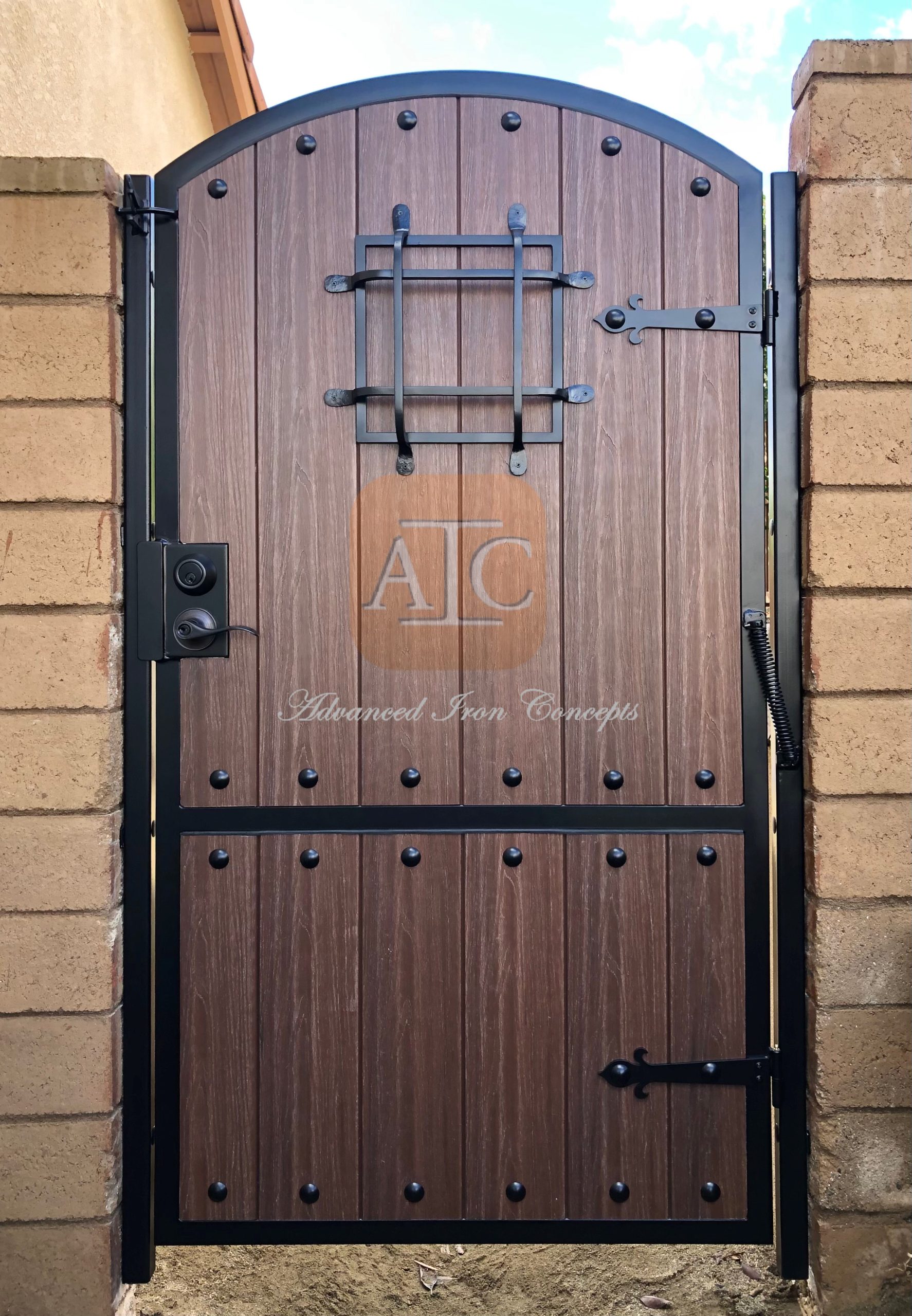
Wireless security systems can protect your home against burglary. They use sensors to detect when doors and windows are open or closed. WiFi-enabled cameras can be used to monitor your home and receive notifications via your smartphone. You can also use wireless yard signs and stickers to alert potential burglars that your home is secured. These systems can contact emergency responders should there be a break-in.
Disadvantages
While wireless security systems have many advantages, there are some drawbacks. They are much easier to set up than wired security systems. These systems are more flexible because they do not require wires to run through walls or ceilings. Wireless security systems can be easily expanded, which allows you to add sensors and cameras. Wireless security systems, however, can be susceptible to interference due to structural and electromagnetic interference. They may also cause false alarms.
Installation
Wireless security systems are flexible and quick to install. Wireless systems are more flexible than wired systems and can be easily added to as your security requirements change. Furthermore, wireless security systems are more cost-efficient, and you can choose the level of coverage that is right for your property.
Reliability
Wireless security systems have several advantages over their hardwired counterparts, including ease of installation and increased reliability. They also have lower costs and require less upkeep.

Wi-Fi
The major advantage of a wireless security system is that it will operate even during a power outage. It will also be less vulnerable to interference, tampering, interruptions due power lines, and other factors. The latest models have enhanced capabilities that will protect your property. These sensors create more data points, and the software keeps your home secure and safe.
FAQ
What are the differences between home security systems?
It is important to consider the threat level in your locality. If there is a lot crime in your area, you may want an alarm to sound when someone enters your home. If you live in a rural area where there aren't many burglaries, then you may not need as much security.
Also, consider whether you are willing to pay extra for additional features. Some systems include cameras built in, while others do not. Some systems let you remotely monitor your house, while others require you being physically present to view the footage.
Can I do it myself?
Yes! If you have the necessary knowledge and skills, you can install a house alarm. If you don't want to do it yourself, then hire an expert who will be able to help you install it properly.
Are motion sensors capable of triggering alarms?
There have been motion sensor alarm systems for decades. They have grown in popularity due to increasing burglaries and thefts. These devices can be too costly and do not work well inside cabinets. If you are looking to protect your home from potential intruders, a motion sensor alarm system might be worth considering.
Statistics
- That's probably why Cove has a whopping 98%* customer retention rate. (safewise.com)
- Related questionsHome security systems that are 100% DIY (safewise.com)
- Cove sets you free without punishing penalties and fees, unlike other security solutions that charge 75% to 100% of your remaining contract. (safewise.com)
- Most home security companies will charge you around 75% of the remaining term of your contract if you cancel early—and some require 100%.Related questionsWhat type of contract length can I expect from security providers?Home security system cancellation (safewise.com)
External Links
How To
What to Look for in a Home Security Monitoring Service
There are many things you should consider when selecting a home security monitoring service. The first thing to do is make sure that there is someone who knows what they're doing. Ask around to see if others have used the service provider. If you don't hear anyone recommend them, then you shouldn't use their services. Ask family and friends if the company is worth their recommendation. This is a great way to get honest feedback and opinions from people who have used the service. Go online to read reviews. Check out their website and social media sites like Facebook and Twitter. Check out customer reviews and complaints. Look at any negative comments and try to find out why they were posted. It could be an indication that something is wrong with a client.
The next step is to review references. You can also call past clients to ask how the service was received. Was the service satisfactory? Did everything go according to plan? You should ensure that your previous company is reliable and trustworthy. They didn’t just give you an estimate and then go away without completing the job.
Next, find a licensed company and one that is insured. Good insurance policies will ensure that your property is covered in case of damage while you're away. The best companies offer 24/7 assistance so that you don’t have to worry about calling during business hours.
You should also check if maintenance and installation are included in the contract. There are some companies that charge extra for these services. It makes sense since maintaining and installing equipment takes time. Some companies offer basic monitoring services that aren't sufficient for most homeowners.
Be sure to check the prices of the company. Paying too much for inferior products is not a good deal. When comparing different providers, always compare apples to apples. One provider may charge $150 per month for basic monitoring while another provider might charge $200 per year for the same service. If you want to save money, shop around.